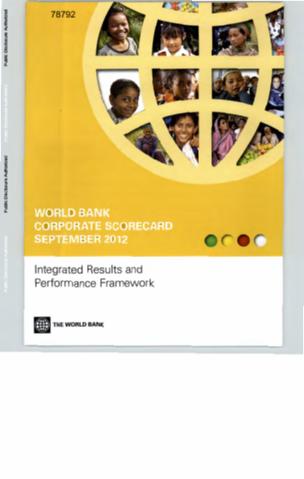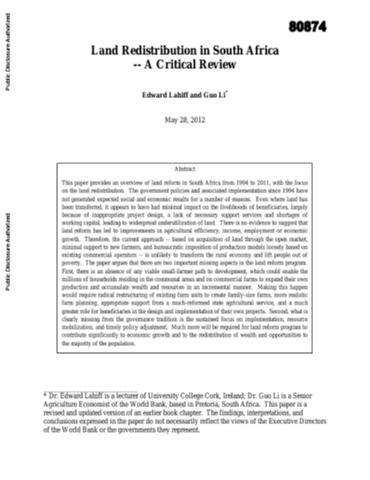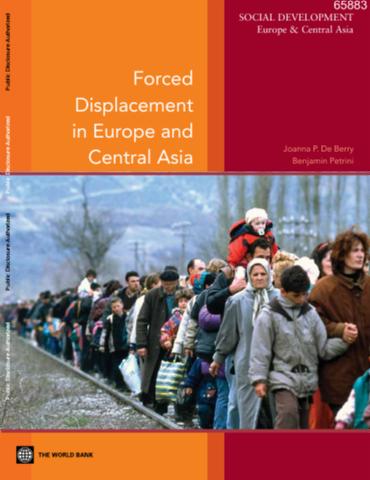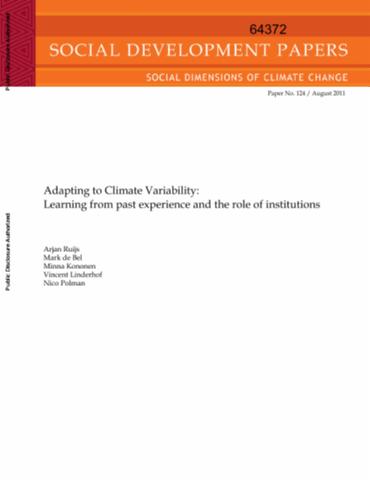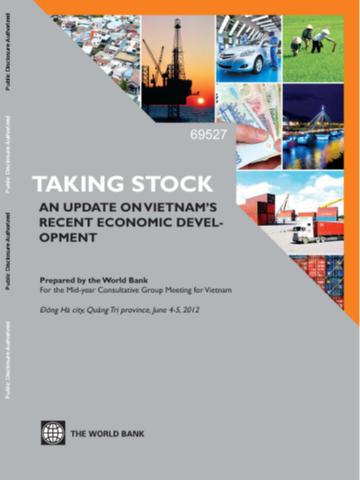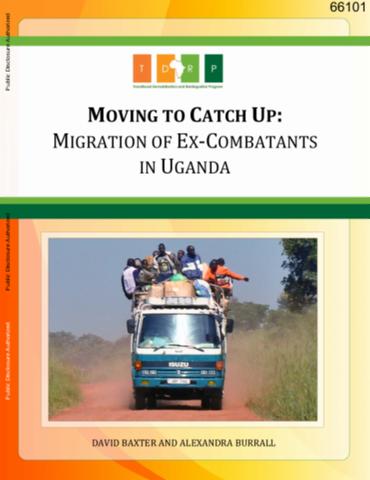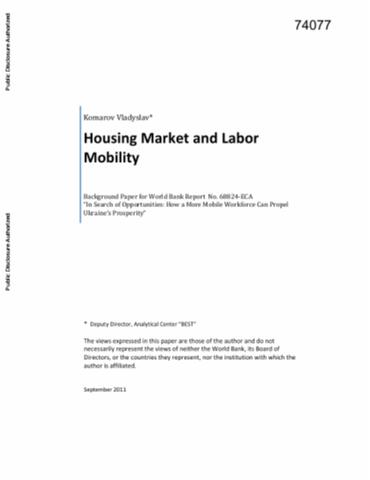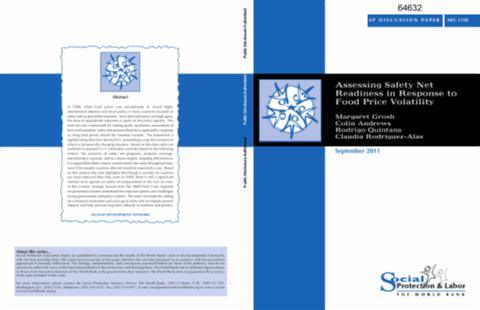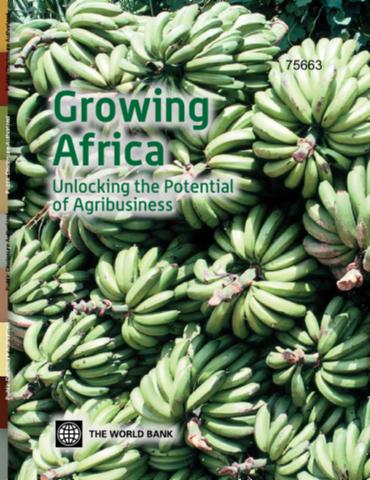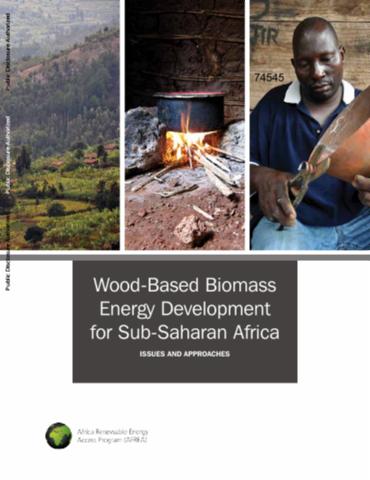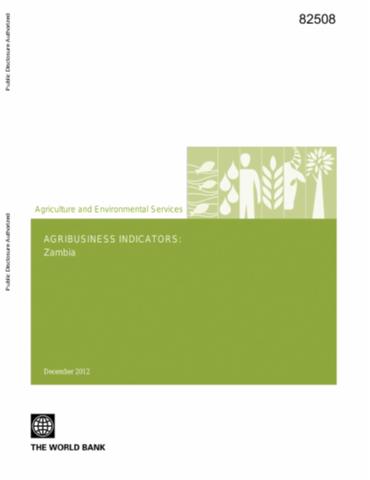World Bank Corporate Scorecard September 2012
The corporate scorecard provides information on the Bank's overall performance and results achieved by its clients against the backdrop of global development progress. The scorecard facilitates dialogue between management and the board on progress made and areas that need attention. The four-tier scorecard covers the full spectrum of International Bank for Reconstruction and Development (IBRD) and International Development Association (IDA) activities.

